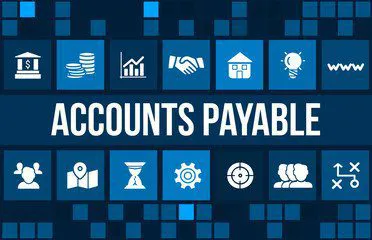ACCOUNTING INTRODUCTION
- Detailed exploration of various accounting systems, including single-entry and double-entry bookkeeping.
- Examination of subsystems within accounting, such as cost and managerial accountingsystems.
- Strategies for maintaining accuracy and reliability in accounting records.
- The role of internal controls in safeguarding the integrity of financial information.
FINANCIAL STATEMENTS
- Detailed overview of the purpose and structure of primary financial statements.
- Exploration of assets, liabilities, and equity components and their strategic implications.
- Analysis of revenue streams, cost of goods sold, gross profit, operating expenses, and net income.
- Understanding cash inflows and outflows, operating activities, investing activities, and financing activities.
- Detailed examination of how financial statements are interlinked and inform each other.
- Utilizing financial ratios and other tools for sophisticated financial analysis and strategic decision-making.
THE HOLISTIC ACCOUNTING CYCLE
- An end-to-end review of the steps in the accounting cycle, including year-end considerations.The ledger
- Understanding the role and structure of the ledger in capturing financial data.
- Detailed examination of different types of accounts: assets, liabilities, equity, revenue, and expenses.
- Mastering the rules of debits and credits through various transaction scenarios.
- Detailed processes for recording transactions in the journal, including time-stamping and referencing.
- Step-by-step walkthrough of posting journal entries to the ledger accounts.
- Preparation and analysis of the trial balance to check for discrepancies and rectify errors.
ACCOUNTS PAYABLE
- In-depth analysis of the concept of liabilities in accounting and their impact on financial health.
- Distinguishing between short-term obligations and long-term financial commitments.
- Advanced concepts in estimating liabilities, dealing with uncertain obligations, and understanding legal commitments.
- Techniques to evaluate and manage the risks to creditors and strategies for maintaining a healthy debt ratio.
- Applying financial analysis to assess and make informed decisions regarding liability management.
- Best practices for ethical management, fraud prevention, and governance related to accounts payable.
THE ACCRUALS AND DEFERRALS
- Mastering the concept and application of adjusting entries for revenues and expenses.
- Ensuring adjusting entries adhere to accrual accounting principles and reflect true financial performance.
- Steps for compiling an accurate adjusted trial balance and ensuring readiness for financial statement preparation.
REPORTING PAYABLES
- Methods for compiling comprehensive accounts payable reports, including aging analysis.
- Understanding how individual ledger accounts feed into the general ledger and financial statements.
- Strategies for addressing aged payables to maintain healthy cash flow and creditor relationships.
- Step-by-step walkthrough of the period-end closing process, ensuring all payables are accurately reported.

